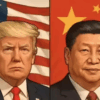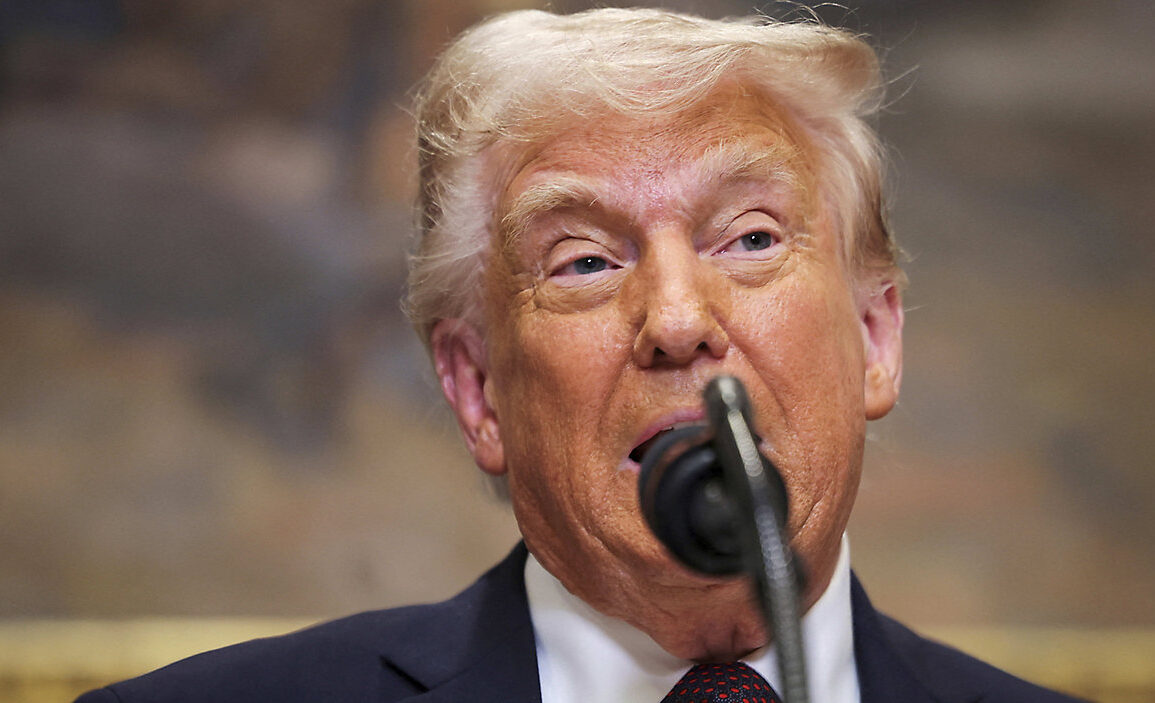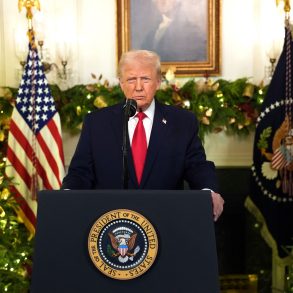On March 25, 2025, President Donald Trump reignited a long-simmering Republican battle cry during a White House meeting, boldly stating he’d “love to” strip federal funding from National Public Radio (NPR) and the Public Broadcasting Service (PBS). Calling them “very biased” and their government support a “waste of money,” Trump didn’t mince words: “I’d be honored to see it end.” His comments, delivered with his signature bluntness, came just a day before the CEOs of NPR and PBS were set to face a grilling on Capitol Hill—an event that’s shaping up to be a defining moment in the debate over public media’s role in America.
The timing wasn’t random. Trump was responding to a reporter’s question about an upcoming congressional hearing organized by the DOGE Subcommittee, a group tied to his and Elon Musk’s aggressive push to shrink government spending. Titled “Anti-American Airwaves: Holding the Heads of NPR and PBS Accountable,” the hearing will feature NPR CEO Katherine Maher and PBS CEO Paula Kerger defending their organizations’ reliance on taxpayer dollars. Trump seized the moment, saying, “Well, I would love to do that,” when asked about defunding the outlets. He went on to argue, “It’s been very unfair. The whole group, I mean, a whole group of them. And frankly, there’s plenty of—look at all the media you have right now. There’s plenty of coverage.” Pointing to the room full of reporters at his cabinet meeting, he doubled down: “We’re well covered, and we don’t need it.”
This isn’t a new fight for the GOP, but it’s gaining serious momentum under Trump’s second term. With Musk by his side, Trump’s administration has already slashed thousands of jobs and gutted agencies as part of their U.S. DOGE Service campaign—a nod to Musk’s cryptocurrency obsession and a promise to streamline government. NPR and PBS, both over 50 years old and partly funded by federal dollars, are now prime targets. Trump painted them as extravagant relics, saying, “They spend more money than any other network of its type ever conceived, so the kind of money that’s being wasted, and it’s a very biased view, you know that better than anybody.” He even admitted he wasn’t sure what the DOGE Subcommittee’s exact recommendation would be, adding, “I assume their recommendation is to close them up.”
Leading the congressional charge is Rep. Marjorie Taylor Greene, the outspoken Georgia Republican who chairs the DOGE Subcommittee. She’s not pulling punches, demanding that Maher and Kerger justify every cent of public funding. “I want to hear why NPR and PBS think they should ever again receive a single cent from the American taxpayer,” Greene declared in a press release. She accused the outlets of botching major stories, saying, “These partisan, so-called ‘media’ stations dropped the ball on Hunter Biden’s laptop, down-played COVID-19 origins, and failed to properly report the Russian collusion hoax.” To her, their coverage isn’t just slanted—it’s an attack on “over half the country to protect and promote its own political interests.” Greene’s goal? To work with Trump “to stop allowing the blatant misuse of taxpayer funds for partisan ends.”
So, how much money is actually at stake? PBS gets about 16% of its budget from federal sources, mostly through the Corporation for Public Broadcasting (CPB), a nonprofit created by Congress in 1967 to support public media. The CPB gets around $500 million annually, with most of that going to local TV and radio stations. Some funds filter to NPR and PBS for national programming—like PBS NewsHour, which gets 35% of its budget from CPB grants and station dues. NPR’s situation is trickier: less than 1% of its funding comes directly from the federal government, but it pulls in more through indirect grants and fees paid by local member stations. Over the last four years, NPR says 36% of its revenue came from corporate sponsorships and 30% from those station dues, with the rest from donations and other sources.
Trump, however, sees every dollar as a boondoggle. “It’s a waste of money especially,” he insisted, arguing that private media can handle the job just fine. His administration’s already putting the squeeze on: PBS recently shuttered its diversity, equity, and inclusion office after Trump’s executive orders cracked down on such initiatives, and the Federal Communications Commission is investigating both outlets for allegedly airing prohibited commercials. These moves signal a broader agenda to reshape—or dismantle—public media as we know it.
For Maher and Kerger, the stakes couldn’t be higher as they prepare to testify on March 26. The DOGE Subcommittee’s press release frames their appearance as a reckoning, asking why “the demonstrably biased news coverage they produce for an increasingly narrow and elitist audience should continue to be funded by the broad taxpaying public.” Both CEOs are expected to push back hard, arguing that NPR and PBS provide a vital public service—balanced reporting and educational content that commercial outlets often skip. But they’ll face a skeptical audience, with Greene and her allies ready to pounce on any misstep.
This clash goes beyond budgets; it’s a war over narrative control. Trump and Greene see NPR and PBS as taxpayer-funded megaphones for liberal elites, out of touch with most Americans. Supporters counter that they’re essential for delivering fact-based news and diverse voices in a media landscape dominated by profit-driven giants. The hearing could tip the scales—either cementing public media’s place or paving the way for its demise. As Trump put it, “We’re well covered.” But are we? That’s the question hanging over Washington as the battle lines harden in this high-stakes showdown.








